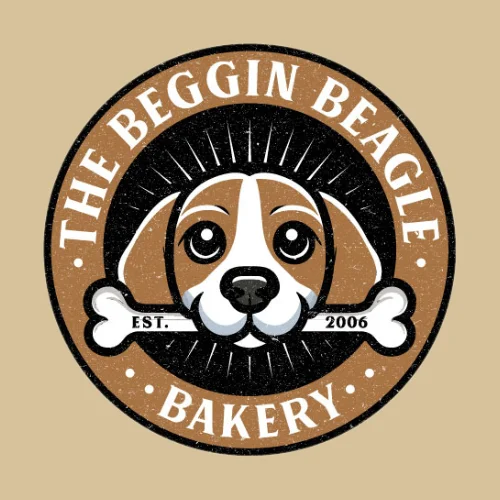
join the success
Barkey Bliss: A Guide to Starting Your Own Dog Bakery Business
Are you ready to turn your love for dogs into a profitable business? With my expertise and years of experience, I’ve created a comprehensive guide to help you start and operate a successful dog bakery business. My eBook, Barkery Bliss: A Guide to Starting Your Own Dog Bakery Business, is packed with actionable steps, insider tips, and proven strategies to help you create irresistible treats, attract loyal customers, and grow a thriving brand. Whether you’re just starting out or looking to take your dog treat business to the next level, this guide is your ultimate roadmap to success. Grab your copy today and start building your dream business!
A Dog bakery isn't just a business
Here's Why It Worth Starting Your Own
Tap into a Growing Market
The pet industry is booming, with pet owners increasingly looking for high-quality, healthy treats for their furry friends. A dog bakery caters to this demand, offering unique, handmade products that stand out from mass-produced options.
Provide Healthier Options for Pets
Many pet owners are concerned about the ingredients in commercial treats. By offering all-natural, preservative-free options, you position yourself as a trusted provider of nutritious and tasty snacks for pets.

Combine Passion with Profit
If you love baking and adore dogs, a dog bakery is the perfect blend of hobbies and income. You get to create delightful treats that make tails wag while building a business that aligns with your interests.
Express Creativity
From designing treat shapes to experimenting with flavors like pumpkin, peanut butter, and apple, running a dog bakery lets you explore endless creative possibilities. Seasonal themes and custom orders add even more fun.
Low Startup Costs
Compared to other businesses, starting a dog bakery is relatively affordable. With a kitchen, a few baking tools, and quality ingredients, you can begin small and grow over time.a.
Flexible Business Model
Whether you want to operate from home, sell at local markets, or open a storefront, a dog bakery offers flexibility. You can also explore online sales to reach a broader audience.

Emotional Fulfillment
There’s a special joy in knowing your treats bring happiness to dogs and their owners. Seeing a pup enjoy your creations or hearing a customer’s appreciation can be incredibly rewarding.
Opportunities for Growth
Once established, you can expand your offerings to include dog birthday cakes, seasonal gift boxes, or even baking kits for DIY dog treats. The possibilities are endless!
Happy Bakers
Don’t just take our word for it
Quick Links
Contact Us
- [email protected]
- Long Island, New York
